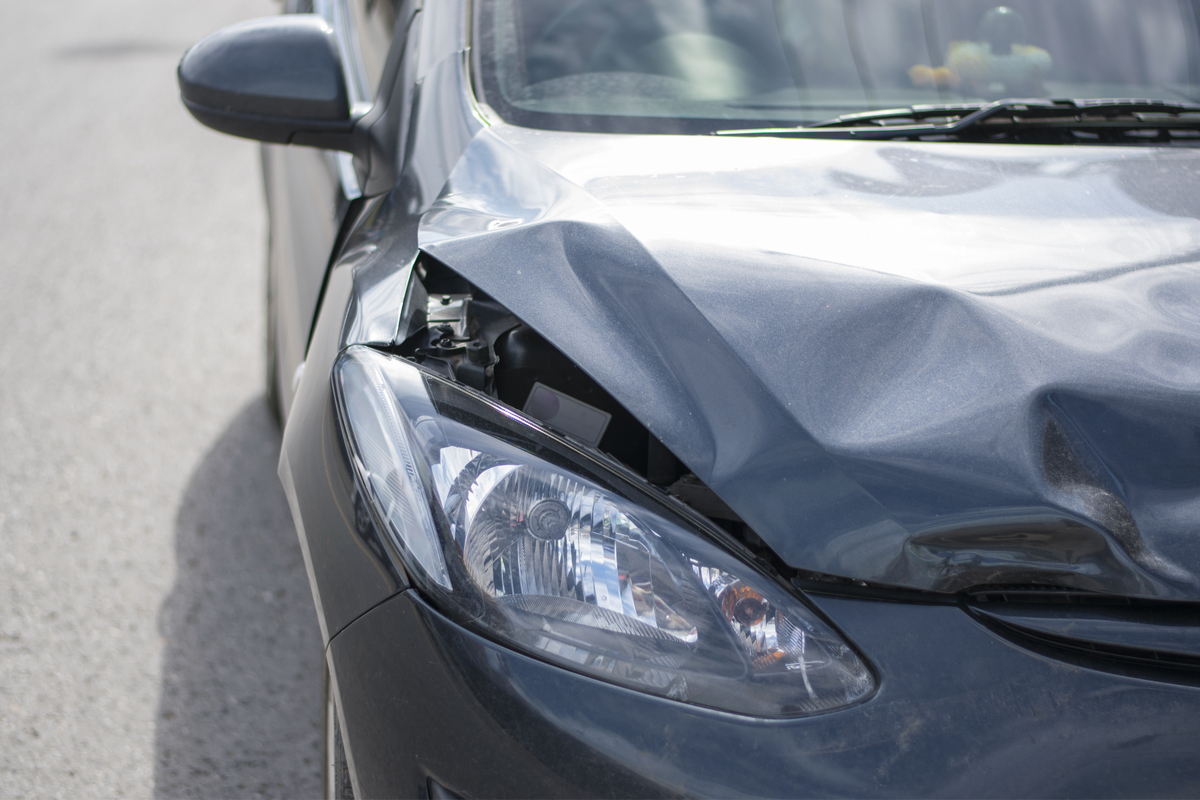
Post-traumatic stress disorder (PTSD) is real. It affects veterans of war, those who have experienced deeply traumatic childhoods, and oftentimes those involved in serious motor vehicle accidents. The topic of PTSD and other mental disorders as a result of accidents is something that has become of increasing importance in the legal world. Studies now show that car accidents have become one of the leading causes of stress disorder onset in the civilian population, and the National Institute of Mental Health (NIMH) says that around 40% of all vehicle accident survivors develop PTSD.
It is well documented that Post Traumatic Stress Disorder (PTSD) is a common occurrence after car accidents. While it may seem like common sense, there are a number of reasons that PTSD is so common after motor vehicle accidents. For one, the physical, emotional, and psychological trauma that has been sustained can be retained in one’s memory and triggered in the future. For example, the sight of a seriously injured loved one or the remembrance of a forceful impact can have lasting effects on someone’s health for decades to come.
As explained by a study conducted at Duquesne University, PTSD can have a range of impacts on one’s life – ones that are often serious. Some symptoms of PTSD include anxiety, physical responses such as flinching or wincing, dark thoughts, unwanted flashbacks to the traumatic event, and an overall state of depression without much rhyme or reason. Some are even shown to have developed a dissociative disorder as a result of motor vehicle accidents.
The study goes deeper to examine individuals who are living with PTSD. It states that one of the most common ways that individuals develop PTSD in modern-day society is through motor vehicle accidents. This is commonly left untreated from a medical perspective and can be incredibly difficult to live with for those suffering. Depersonalization is a common result of this lack of treatment and may be more widespread than previously thought among the general population.
These new revelations are important for those suffering as missed diagnoses, treatments, comorbidity, and the overall measurement of PTSD in car accident victims must be correctly assessed in both a medical and a legal sense to ensure a high quality of life post-accident.
With a mental health epidemic such as that caused by PTSD has come new insight into the phenomenon. Recent studies have shown that women may have a higher risk of developing PTSD after trauma such as that experienced in a car accident. This leads to a focus on the role of gender and other identifying characteristics and how they relate to responses to trauma. In addition, it may give medical and legal professionals a better insight into addressing the fallout of PTSD onset.
The primary determining factors within men in relation to their onset of PTSD after a motor vehicle accident has been shown to be linked to income levels and social support systems. Those in lower-income brackets may have a higher chance of developing PTSD, as well as a lack of friends, family, or other general support systems. These may result in a decline in mental health status after being involved in an accident involving cars, trucks, motorcycles, bicycles, and pedestrians.
With the development of new ways to explore who may and may not be suffering from PTSD has become one of the most simple and advanced techniques for assessing the mental health disorder. A study performed by a group of psychiatric professionals in France used their expertise to develop a list of 10 questions that they would present to victims of PTSD a year after their accident. This study’s depth and range were robust and may provide insight to legal professionals and judiciary bodies in determining the probability of someone developing PTSD later in life.
After trial and error, the study was able to narrow down the questions to four to determine who would have PTSD a year after the accident. The first question addressed if other people were injured or killed in the accident. This may seem obvious as it is uncommon for humans in this day in age to see extreme bodily harm on a regular basis, nor experience the emotional impact of being involved in this kind of trauma. This determination had a probability of being compounded depending on the number of children involved in the accident.
The third question that overwhelmingly showed that people may be more apt to develop PTSD after a car wreck is if the person experienced a personally threatened death of self – in other words – if someone perceived their life to be at risk of ending at the time of the accident. Furthermore, the length of stay at the site of trauma has proven to influence the onset of PTSD. Some of these psychological states can give insight into those who are more vulnerable to having a lesser quality of life after a motor vehicle accident.
Normally, PTSD cannot be accurately assessed until a month after the onset of symptoms. Despite this, this new insight into potential indicators of the development of PTSD later down the line gives greater potential for support by friends, family, members and legal teams as victims fight back against those responsible for accidents in pursuit of a decent quality of life.
All in all, attorneys are working around the clock to ensure that victims of PTSD after motor vehicle accidents are rewarded with the compensation that they deserve to ensure a healthy financial future. This may also impact the quality of life of a victim as financial security has been proven to positively increase one’s mental status as they attempt to meet their needs. Legal teams in Tulsa, Oklahoma, and beyond are assessing the best possible ways to approach diagnosis for stress disorders of survivors for a fair and just legal battle.